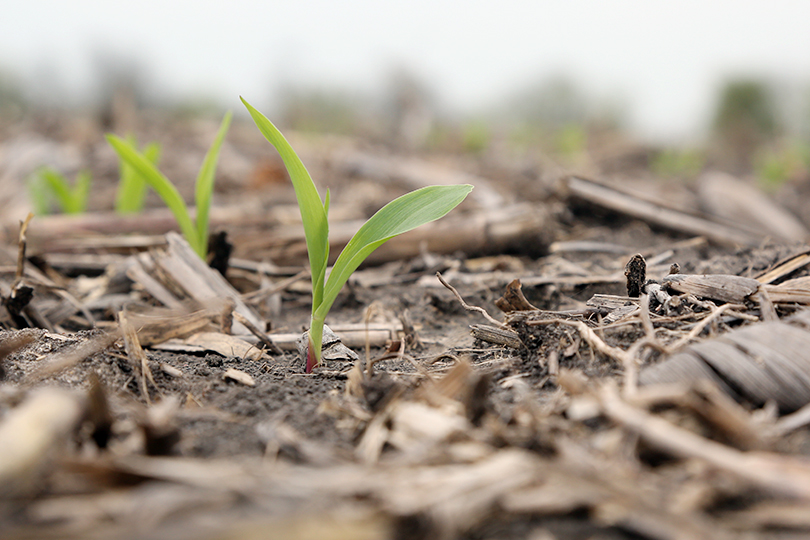A bill that would create emergency waivers for duties levied on fertilizers by the U.S. International Trade Commission (ITC) was introduced in Congress last week.
“Farmers and ranchers in Texas and across the U.S. are already suffering from high fertilizer costs,” TFB National Legislative Director Laramie Adams said. “Tariffs on fertilizer would just drive up the prices for these products even more.”
The Emergency Relief from Duties Act was introduced by two Kansas lawmakers—U.S. Sen. Roger Marshall and U.S. Rep. Tracey Mann.
The bill comes as the ITC levied tariffs against imports of phosphate fertilizer at the request of a U.S. fertilizer company. A petition for additional tariffs on urea ammonium nitrate is also being considered by ITC.
This bill would introduce a way to establish a waiver of countervailing duties or anti-dumping duties for a year if there is an emergency, such as natural disasters, war, epidemics, labor disputes or major accidents.
Farmers across the nation are suffering from fertilizer shortages and skyrocketing costs as a direct result of these tariffs, Adams noted.
“Fertilizers and other inputs farmers need for growing crops are hard to secure and pay for due to the threats of tariffs and from implementing those tariffs. The cost of implementing those tariffs would cause farm input costs to rise even more,” Adams said. “The Emergency Relief from Duties Act would help farmers and ranchers struggling with the ever-increasing costs of fertilizers.”
Projections by the University of Illinois show fertilizer costs will lower net farm income in that state by 34%.
“These tariffs will create a financial hardship for farmers and ranchers,” Adams said.
U.S. Secretary of Agriculture Tom Vilsack also warned suppliers not to take advantage of the current situation between Russia and Ukraine by rising prices.
“Don’t use this situation as an excuse for doing something which isn’t justified by supply and demand. That’s my biggest and deepest concern, and we’re obviously keeping an eye on that,” he said.
The U.S. Department of Agriculture also recently announced plans for a $250 million investment to support innovative American-made fertilizer to U.S. farmers more choices in the marketplace.

